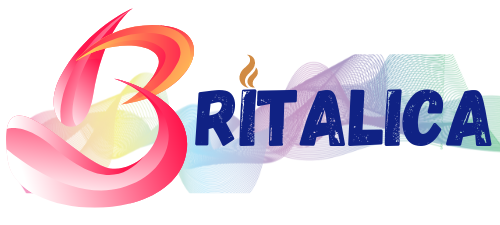In a world where technological advancements continue to reshape our lives, quantum computing comes out as a revolutionary innovation. Imagine computers that can perform better than classical ones in terms of speed and memory usage, opening the way to predict physical phenomena previously deemed impossible. Let’s delve into the fascinating realm of quantum computers and explore their transformative potential.


Understanding Quantum Computers
Quantum computing represents a significant leap from traditional computing methods. Unlike classical computers, which used to process information using binary digits (0s and 1s), quantum computers utilize “Quantum bits”, or “qubits”, to store and manipulate data. Qubits, thanks to their unique quantum properties, can exist in multiple states simultaneously. This enables quantum computers to perform complex calculations with unparalleled and greater efficiency.
Overcoming Challenges in Quantum Computing
Supercomputers, large classical machines with thousands of CPU and GPU cores, are used by scientists for complex calculations. However, they rely on binary code and struggle with intricate problems. Complex problems involve many variables interacting in complicated ways, which classical computers often cannot solve. Quantum computers, utilizing quantum bits, show promise in tackling such challenges.
While quantum computing holds a significant promise of computing, it also presents challenges. Quantum computers are sensitive to external interference, which leads to information loss and decoherence. Additionally, translating quantum information into classical formats poses a significant challenge. However, ongoing advancements in quantum algorithms and error correction techniques are gradually overcoming these hurdles, bringing quantum computing closer to practical applications.
Also Read: Tech Enabling Computer Through Thoughts – Neuralink
The Rise of Classical Computing
Surprisingly, recent research has shown that classical computing can be an equivalent rival and in some cases surpass, the computational capabilities of quantum computers under specific conditions. Cleverly designed classical algorithms can leverage the challenges of information loss and translation to emulate quantum behaviour with remarkable efficiency. This breakthrough underscores the adaptability of classical computing with the constantly emerging technologies.
Tensor Networks: Key to Optimization
Tensor networks play a vital role in quantum computing by representing the interactions between qubits. The recent progress in this field has enabled the optimization of tensor networks using statistical inference tools. This optimization process is like compressing an image into a JPEG file, where different tensor network structures correspond to different compression formats. This innovative approach has the potential to elevate the capabilities of quantum computing to unprecedented levels.
In conclusion, quantum computing is still in the early phase of development and more advancement in the field of quantum advancement underlies unprecedented development. This has the capability of a paradigm shift in technology, offering unbelievable computational power and insights into previously uncharted territories. While challenges persist, ongoing research and technological advancements continue to unveil the field forward, promising a future where the full potential of quantum computing is realized.
FAQs (Frequently Asked Questions)
1. What is quantum computing?
Quantum computing is a revolutionary approach to computation that harnesses the unique properties of quantum mechanics to perform complex calculations at unprecedented speeds.
2. How do quantum computers differ from classical computers?
Unlike classical computers, which process information using binary digits (0s and 1s), quantum computers use quantum bits, or qubits, which can exist in multiple states simultaneously.
3. What are the challenges in quantum computing?
Quantum computing faces challenges such as information loss, decoherence, and the translation of quantum information into classical formats.
4. Can classical computers rival quantum computers?
Recent research has shown that classical computers can rival, and sometimes surpass, the computational capabilities of quantum computers under specific conditions.
5. How are tensor networks related to quantum computing?
Tensor networks play a crucial role in quantum computing by representing the interactions between qubits, and recent advancements in this field have led to optimization using statistical inference tools.
By addressing these frequently asked questions, we aim to provide clarity and insights into the fascinating world of quantum computing.








